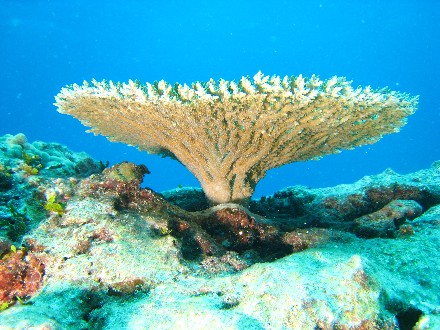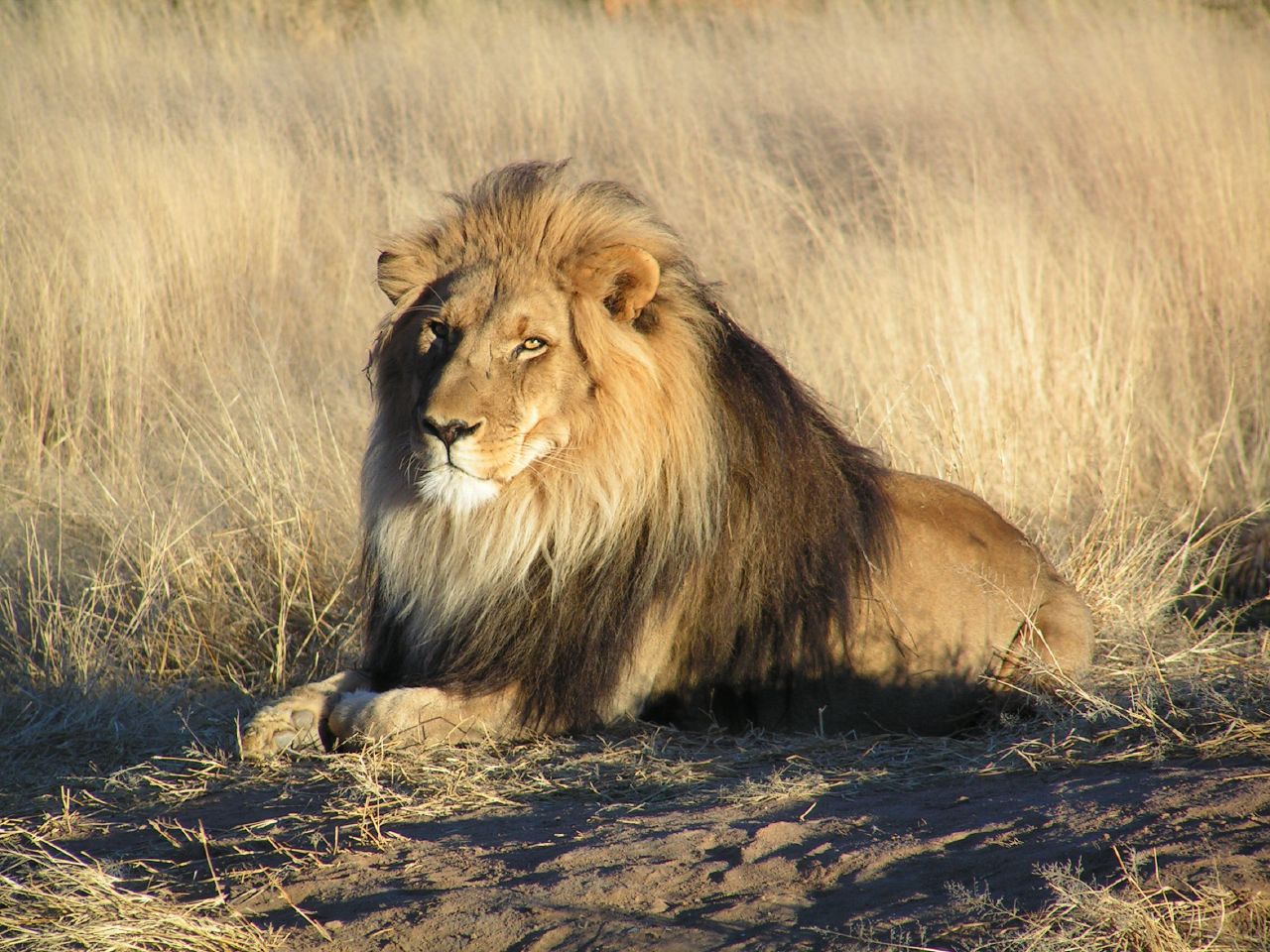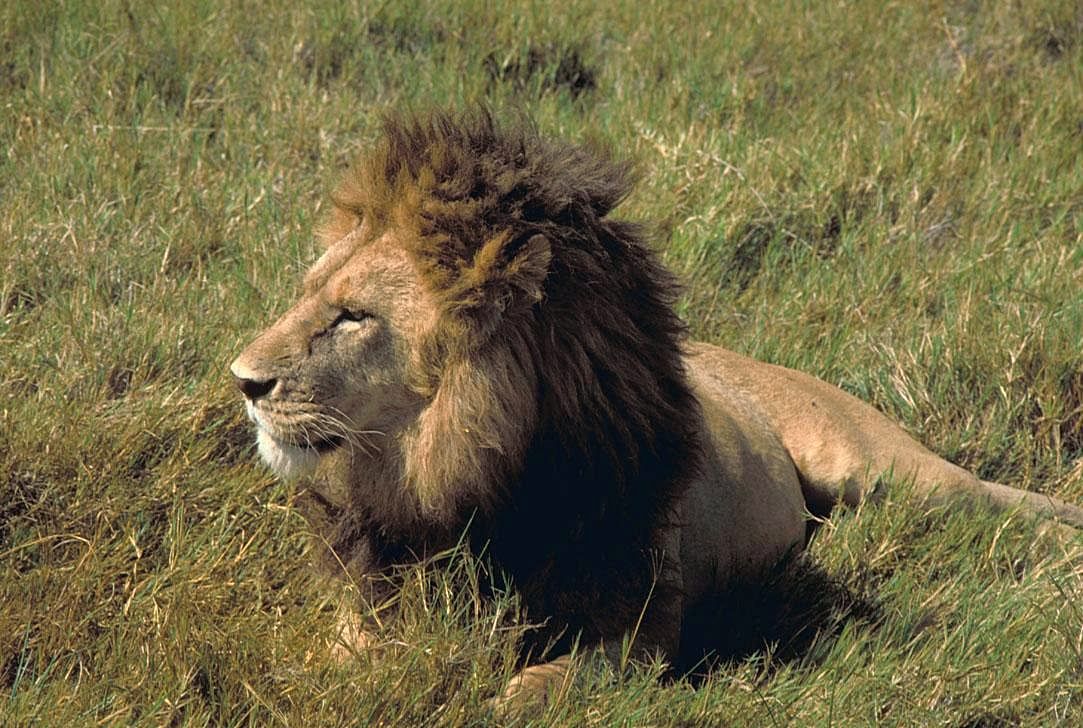I made yesterday a 14 minute Machinima - a video of an interactive virtual world - which I'm calling "The Making of Virtual Harbin Hot Springs as Ethnographic Field Site in Second Life and Open Simulator" here: scottmacleod.com/papers.htm
Aphilo Scott MacLeod The Making of Virtual Harbin Introduction
https://youtu.be/3nhvcHw54GE
MacLeod, Scott. 2009. The Making of Virtual Harbin Hot Springs as Ethnographic Field Site in Second Life and Open Simulator. blip.tv/file/2053061 (14 minutes).
*
See, related:
Wilderness Bliss: Prehistory of virtual Harbin in Second Life, Ethnographic Machinima
http://scott-macleod.blogspot.com/2010/08/wilderness-bliss-prehistory-of-virtual.htmlGreen Sturgeon: "The Making of Virtual Harbin Hot Springs as Ethnographic Field Site in Second Life and Open Simulator," The blip.tv version of this video has been removed so I'm posting here the Youtube URL, Just emailed my actual / virtual Harbin Hot Springs proposal and first chapter to a great academic press, How to be at Harbin virtually from our bath tubs, and deeply? Excited to begin my second Harbin book, Google Earth has been deprecated and so could become the basis for an entire virtual world for everyone ... from those who build architecturally with AUTO CAD to STEM-oriented researchers to anthropologists working in the field, in which a virtual Harbin as ethnographic field site for actual / virtual comparison would be a part
http://scott-macleod.blogspot.com/2015/01/green-sturgeon-making-of-virtual-harbin.html*
Here are the current categories on my resources page {scottmacleod.com/papers.htm}:
Machinima
Poetry
World University & School (2008)
{Open} University Course Taught in Second Life
Letters
Video Talks on the Information Technology Revolution
Sound Productions
Chapter
Essay
Anthropology papers at the University of California, Santa Barbara
Anthropology papers at U.C. Berkeley
Video ~ Shakespeare
**
Here are the current resources, that I've listed on scottmacleod.com/papers.htm thus far, and which I just re-organized today, as well as added to:
Academe
Machinima
MacLeod, Scott. 2009. The Making of Virtual Harbin Hot Springs as Ethnographic Field Site in Second Life and Open Simulator. http://blip.tv/file/2053061. (14 minutes).
Poetry
MacLeod, Scott. 2008 - 2009. Haiku-ish and Other Loving, Hippie Poetry. scott-macleod.blogspot.com/search/label/poetry Also click on 'Poetry' label here: http://scott-macleod.blogspot.com
World University & School (2008)
World University & School
worlduniversity.wikia.com/wiki/World_University
A Global, Virtual, Open, Free-to-Students,
(Potentially Credit- & Degree-Granting), Multilingual University & School,
with Great Universities as Key Players,
using a Wikipedia with MIT OCW model,
for the Developing World and Everyone
Add your lesson, course or class here now
(with your webcam, record what you'd like to teach and
post it to youtube.com, -
or you can start taking Open MIT Classes Today)
Here's the open Facebook group:
facebook.com/group.php?gid=48753608141
{Open} University Course Taught in Second Life
Society and Information Technology
in Second Life
What is information technology, broadly conceived? How did it develop? Who did it? What has been the process of diffusion into the economy and society? How and why did the Network Society take shape?
January 9 - July 30, 2008
Wednesday Evenings -1900-2100 ET, 1600-1800 SLT / Pacific Time
in Second Life on Berkman Island in the Meeting Area
slurl.com/secondlife/Berkman/113/47/25
(not on Harvard's faculty)
~ Come and Participate ~
socinfotech.pbwiki.com
(class transcripts are online)
Society and Information Technology in Second Life
August 29 - December 12, 2007
(class transcripts are online)
Wednesday evenings, 1900 - 2100 ET, 1600-1800 SLT
On Berkman Island in Second Life: tinyurl.com/6l3lst
(not on Harvard's faculty)
socinfotech.pbwiki.com
Society and Information Technology Course
June 5 - July 24, 2007
Tuesday evenings, 7 - 9 pm ET (4-6 SLT)
Online only on Berkman Island in Second Life
At-Large Participation Welcome - Come and Participate
Letters
Loving Bliss Letters
Friends' Dalton Letter :)
scottmacleod.com/daltonletter.htm
Loving Bliss and Practices to Elicit This
scottmacleod.com/LovingBlissPractices.htm
Loving Bliss as Friends
scottmacleod.com/LovingBlissFriends.htm
Eudaimonia is Flow and Bliss
scottmacleod.com/EudaimoniaFlow.htm
Guidelines for Practicing Loving Bliss vis-à-vis
Practicing a Musical Instrument
scottmacleod.com/GuidelinesPracticingLovingBlissvavMusicalInstrument.htm
Energy Autonomy Concept Letter
Energy Autonomy Concept ~ & Abundance by Design Letter. 2008. scottmacleod.com/EnergyAutonomy.htm
Video Talks on the Information Technology Revolution
MacLeod, Scott. In production. 8 Globalization of Finance and Information Technology.
MacLeod, Scott. 2007. 7 The New Economy and Information Technology: Production. July 6, 2007. Google Video (28 mins.):
video.google.com/videoplay?docid=8284046650475418585&hl=en
MacLeod, Scott. 2007. 6 The Internet and Social Political Environments. July 4, 2007. Google Video (31 mins.):
video.google.com/videoplay?docid=-4181897840986649552
MacLeod, Scott. 2007. 5 Sociability, the Internet and Empirical Data in the mid-late 1990s: Communities and Individualization. July 3, 2007. Google Video (32 mins.):
video.google.com/videoplay?docid=1643941818365401458
MacLeod, Scott. 2007. 4 Internet History. June 29, 2007. Google Video (48 mins.):
video.google.com/videoplay?docid=3214353275146773046
MacLeod, Scott. 2007. 3 The Information Revolution and Social Transformations. Posted online: June 24, 2007. Google Video (18 mins.):
video.google.com/videoplay?docid=-8420437169658839723
MacLeod, Scott. 2007. 2 Social History of the Internet. Posted online: June 17, 2007. Google Video (32 mins.):
video.google.com/videoplay?docid=-620843116698445726
MacLeod, Scott. 2007. 1 The Information Technology Revolution - History and Geography. Posted online: June 11, 2007. Google Video (43 mins.):
video.google.com/videoplay?docid=4491079746692966741
MacLeod, Scott. 2007. Internet History and the Hacker Ethos. Posted online: March 14, 2007. Google Video (13 mins.):
video.google.com/videoplay?docid=3343089838845057911&hl=en
Sound Productions
MacLeod III, Scott Gordon K. 2006. "PM Alasdair Gillies: Carnegie Mellon University Pipes and Drums' Band Tunes, 2006." Recorded and produced online: www.andrew.cmu.edu/user/pipeband/sounds.html
Chapter
NOW AVAILABLE (as of Nov. 30 2006) at amazon books in the U.S., Britain, Canada, Germany, France & Japan, but not in the Spanish-speaking world or China.
MacLeod, Scott Gordon K. 2006. "Digital Spatial Representations: New Communication Processes and 'Middle Eastern' UNESCO World Heritage Sites Online" in 'Tourism in the Middle East: Continuity, Change and Transformation.' Edited by Rami Farouk Daher, University of Jordan. Tourism and Cultural Change Series, #9, edited by Mike Robinson of Sheffield Hallam University, England, and Dr. Alison Phipps of Glasgow University. Channel View Publications. ISBN: 1845410505.
Essay
MacLeod, Scott Gordon K. 2006. An Empathic Argument for Developing Cuttyhunk Island, and Video to Conserve it: Developing the West End of Cuttyhunk Island, Massachusetts? Harvard University. blogs.law.harvard.edu/cyberonepodcast/2006/11/06/cuttyhunk-island-ma-2
written for: CyberOne: Law in the Court of Public Opinion course. (On Berkman Island in Second Life). Harvard University. Autumn 2006.
blogs.law.harvard.edu/cyberone/
Anthropology papers at the University of California, Santa Barbara
MacLeod, Scott. February 3, 2003. James Clifford's "The Predicament of Culture"
MacLeod, Scott. December 9, 2002. George C. Williams’ “Adaptation and Natural Selection” Précis (in PDF format)
MacLeod, Scott. December 30, 2002. Steven Pinker’s “How the Mind Works” Précis (in PDF format)
MacLeod, Scott. November 11, 2002. Steven Pinker’s “The Blank Slate” Précis (in PDF format)
MacLeod, Scott. May 24, 2002. Social Processes which Shape the Significance of Objects
MacLeod, Scott. May 20, 2002. Who Can Speak for Whom?
MacLeod, Scott. April 22, 2002. Taos Pueblo and the UNESCO World Heritage Designation
MacLeod, Scott. April 15, 2002. Anthropology, Representation and Reality In online UNESCO World Heritage Sites
MacLeod, Scott. April 08, 2002. UNESCO World Heritage Sites Online: The "Field Site" in a Global Context
MacLeod, Scott. November 28, 2001. Interpretative Anthropology and Symbol Formation
MacLeod, Scott. November 26, 2001. Science and Interpretative Anthropology
MacLeod, Scott. November 5, 2001. Epistemology and Anthropology
MacLeod, Scott. October 26, 2001. Durkheim’s Functionalism and Agency
MacLeod, Scott. October 17, 2001. Anthropology? The Boasian Revolution and Culture as Unique Phenomena
MacLeod, Scott. October 10, 2001. Boas and the Logic and Sociology of Scientific Inquiry
Anthropology papers at U.C. Berkeley
MacLeod, Scott Gordon K. 2001. Gazing at the Box: Tourism in the Context of the Internet and Globalization (Internetity). Accessed online March 17, 2009. scottmacleod.com/anth250v.htm.
MacLeod, Scott Gordon K. 2001. Science in Malinowski, Bateson and Sociocultural Anthropology. Accessed online March 17, 2009. scottmacleod.com/anth250x.htm.
MacLeod, Scott Gordon K. 2000. Consumption of the WWW for Medical Information: What U.C. Berkeley Students Make of It. Accessed online March 17, 2009. scottmacleod.com/Anth250x-6.htm.
Video ~ Shakespeare
MacLeod, Scott (Producer, Director, Bagpiper). 1999. Shakespeare's Macbeth, Act 5, Scene 5, (Tomorrow, and tomorrow, and tomorrow . . .). Online video. Acted by Scott MacLeod, Marc Dupuis and Dorota Ploch. San Francisco, California: http://scottmacleod.com/scottmacleod.com/Main.html.
Scott MacLeod's Academic CV
{scottmacleod.com/papers.htm}
home scottmacleod.com
copyright Scott MacLeod 1998 - 2009
comments and conversation welcome
scott@scottmacleod.com










